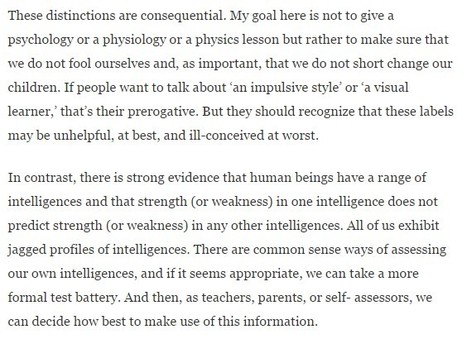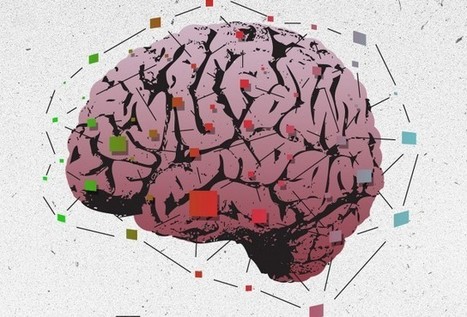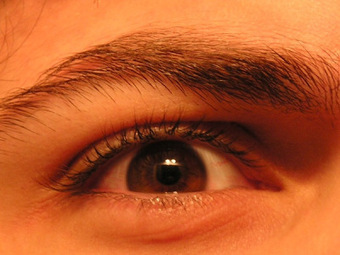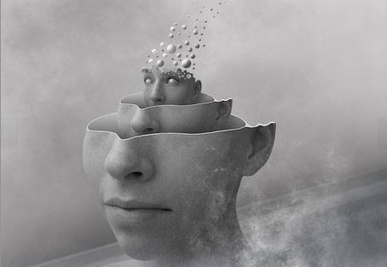This picture was shared on Facebook and I thought it was extremely powerful...
We have to stop looking at what school was, and start thinking about what school could be. Images and messages like this can do a lot to start these conversations.
Learn more / En savoir plus / Mehr erfahren:
https://gustmees.wordpress.com/2016/02/18/the-new-possibilities-to-learn-and-teach-with-ict/



 Your new post is loading...
Your new post is loading...








![The Power of Suggestion: Using Psychology To Improve Student Intelligence [Infographic] | 21st Century Learning and Teaching | Scoop.it](https://img.scoop.it/JripGqmOEopQGfeiPzOuKzl72eJkfbmt4t8yenImKBVvK0kTmF0xjctABnaLJIm9)


















This picture was shared on Facebook and I thought it was extremely powerful...
We have to stop looking at what school was, and start thinking about what school could be. Images and messages like this can do a lot to start these conversations.
Learn more / En savoir plus / Mehr erfahren:
https://gustmees.wordpress.com/2015/07/19/learning-path-for-professional-21st-century-learning-by-ict-practice/
https://gustmees.wordpress.com/2016/02/18/the-new-possibilities-to-learn-and-teach-with-ict/
https://gustmees.wordpress.com/2015/12/27/what-are-the-best-ways-of-teaching-and-learning-ideas-and-reflections/